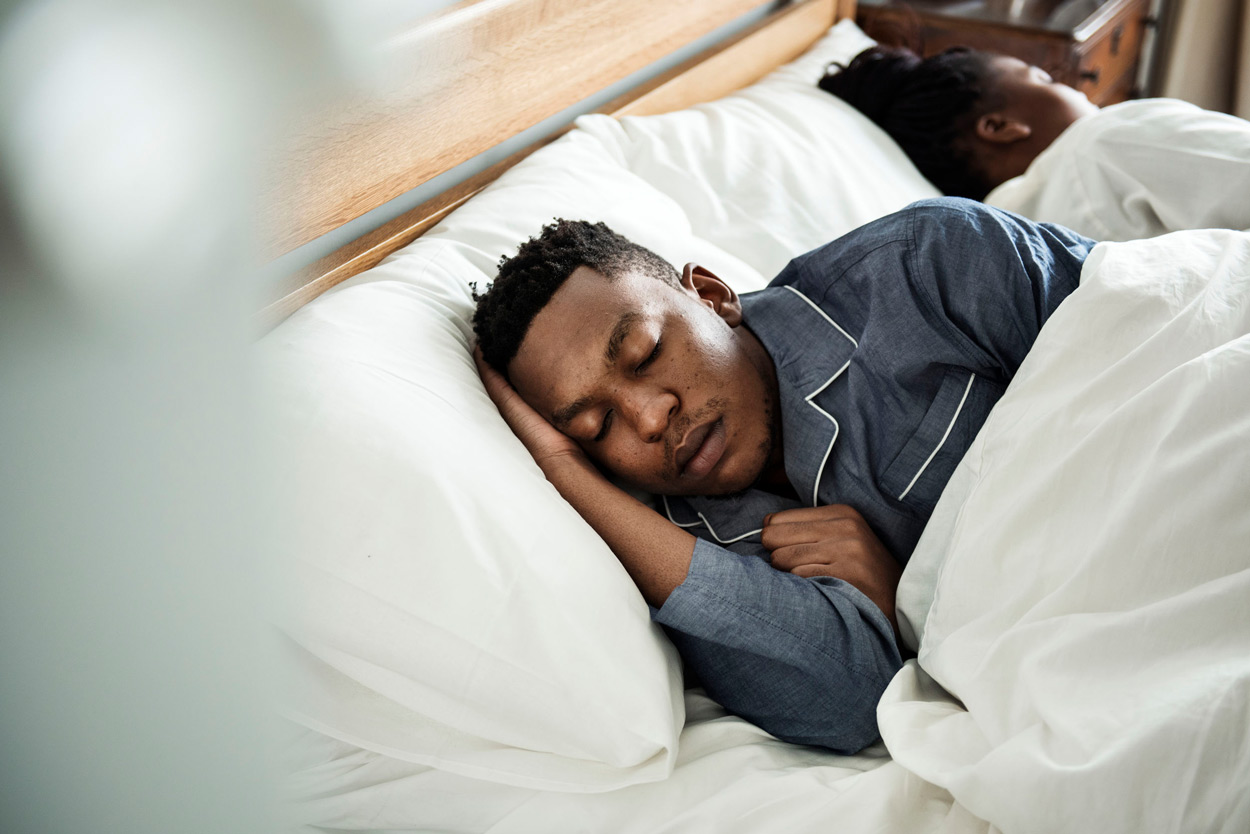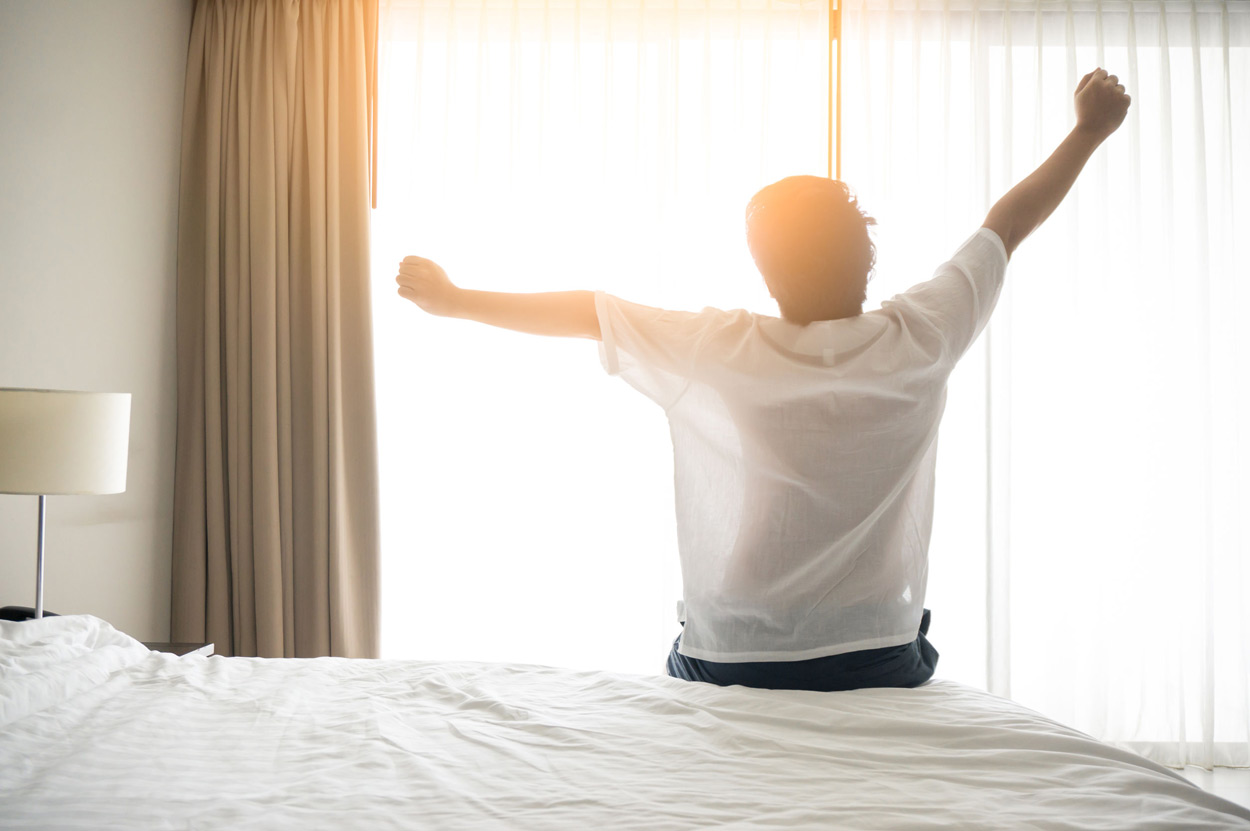Sleep Apnea
About this Epidemic
Did you know that 18 million Americans have sleep apnea, with 95% of those remaining undiagnosed and untreated? The prevalence of obstructive sleep apnea in patients with hypertension is 50%, congestive heart failure is 25%, acute coronary syndrome is 30% and stroke is 60%. Sleep disordered breathing is recognized as a serious health problem that impacts approximately 43 million US adults.
Many barriers prevent patients from getting access to therapy. Do you suspect you have sleep apnea?


Do you have Sleep Apnea?
Sleep apnea is a theoretically life-threatening sleep disorder in which breathing repeatedly stops and starts. If you snore loudly and feel tired even after a full night’s sleep, you might have sleep apnea.
Dangers
In the long run, sleep deprivation may lead to a host of health problems including obesity, diabetes, cardiovascular disease, and even early mortality.
Sleep Apena can affect anyone, regardless of age and gender
There are 2 types that affect patients
Obstructive Sleep Apnea occurs when your upper airway becomes blocked during sleep reducing airflow
Central Sleep Apnea, the airway does not block, but your brain does not tell your muscles to breathe
Untreated, Sleep Apnea can increase health risks and deficiencies of your activities of daily living.
Effects
Lab Hours
Monday through Friday
8:00am – 5:00 pm
717 399-7451
866 251-7451
Frequently Asked Questions
What is Obstructive Sleep Apnea?
Obstructive sleep apnea is a condition in which a person stops breathing repeatedly through the night. Breathing stops because the throat or “airway” collapses and prevents air from getting into the lungs. Sleep patterns are disrupted, resulting in excessive sleepiness or fatigue during the day.
What causes the airway to close during sleep?
- Extra tissue in the back of the airway, such as large tonsils
- Decrease in the tone of the muscles that hold the airway open
- The tongue falling back and closing off the airway
How do I know if I have sleep apnea?
You can take the short assessment survey to see if you are a possible candidate for testing. Consult with your physician to order a sleep study for you.
What should you do if you think you may have sleep apnea?
Evaluation by a doctor specializing in sleep disorders is recommended. Have a sleep study done. A sleep study can provide the doctor with information about how you sleep and breathe. This information will help the doctor to determine your diagnosis and treatment options.
How much does a sleep study cost?
Cost for testing will vary depending on the type of study your physician is ordering for you as well as allowed amounts required by your insurance. Please contact our office for further information at 717-399-7451, option 3.
Let’s Talk
If you would like to schedule a sleep test, or would simply like to inquire about more information, please contact us at 1-800-399-0250 or send us a message.

You Could Have Sleep Apnea
Assessment Survey
Please take this short survey to determine if sleep apnea may be present. The results of this survey are not concrete. Please consult with your physician to address concerns, obtain testing and provide them with the results of this form.